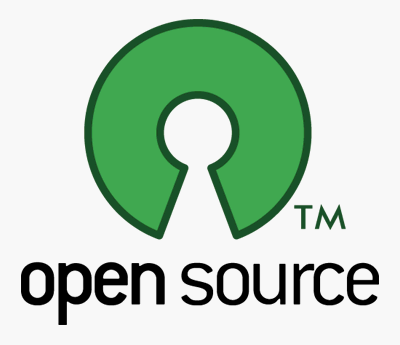
The term “open source” software is used by some people to mean more or less the same category as free software. It is not exactly the same class of software: they accept some licenses that we consider too restrictive, and there are free software licenses they have not accepted. However, the differences in extension of the category are small: nearly all free software is open source, and nearly all open source software is free.
– Free Software Foundation
Text of the Definition
Introduction
- Open source doesn't just mean access to the source code.
- The distribution terms of open-source software must comply with the following criteria:
- The license shall not restrict any party from selling or giving away the software as a component of an aggregate software distribution containing programs from several different sources. The license shall not require a royalty or other fee for such sale.
- The program must include source code, and must allow distribution in source code as well as compiled form. Where some form of a product is not distributed with source code, there must be a well-publicized means of obtaining the source code for no more than a reasonable reproduction cost preferably, downloading via the Internet without charge. The source code must be the preferred form in which a programmer would modify the program. Deliberately obfuscated source code is not allowed. Intermediate forms such as the output of a preprocessor or translator are not allowed.
- The license must allow modifications and derived works, and must allow them to be distributed under the same terms as the license of the original software.
- The license may restrict source-code from being distributed in modified form only if the license allows the distribution of "patch files" with the source code for the purpose of modifying the program at build time. The license must explicitly permit distribution of software built from modified source code. The license may require derived works to carry a different name or version number from the original software.
- The license must not discriminate against any person or group of persons.
- The license must not restrict anyone from making use of the program in a specific field of endeavor. For example, it may not restrict the program from being used in a business, or from being used for genetic research.
- The rights attached to the program must apply to all to whom the program is redistributed without the need for execution of an additional license by those parties.
- The rights attached to the program must not depend on the program's being part of a particular software distribution. If the program is extracted from that distribution and used or distributed within the terms of the program's license, all parties to whom the program is redistributed should have the same rights as those that are granted in conjunction with the original software distribution.
- The license must not place restrictions on other software that is distributed along with the licensed software. For example, the license must not insist that all other programs distributed on the same medium must be open-source software.
- No provision of the license may be predicated on any individual technology or style of interface.















0 comments:
Post a Comment